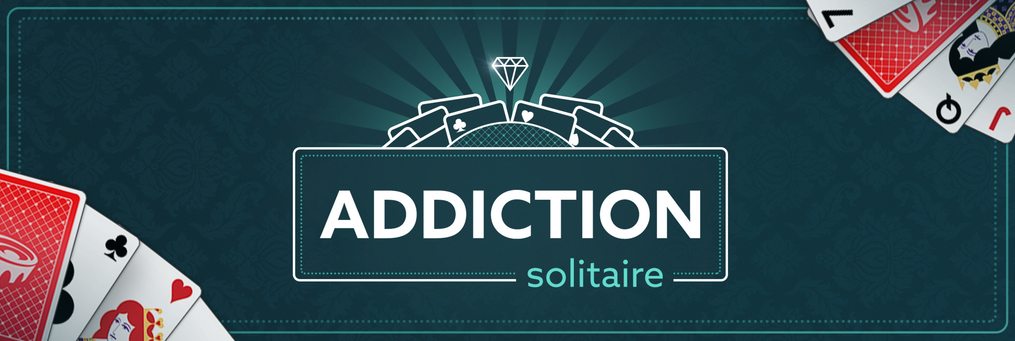

Gearhardt said, regarding food addiction, "We've treated people clinically who tried to manage for 20 years on their own, trying any diet they could get their hands on, but they didn't see a therapist or psychologist, and they ran out of options." Alcohol use disorders pervade our society." And the guy on the street is often the exception. It may make it a little clearer that a problem with alcohol is a spectrum of intensity, and is not always the guy you see out on the street. Now you can try to seek out a counselor, seek out a family physician, seek out a religious person in your community so that problems with alcohol can be stopped before they progress. "One of the really good things about the DSM-5," Koob said, "is that it emphasizes that you don't have to be what we used to call an 'alcoholic' to have a problem. People lose control and really feel not well as a result."Ī few bouts of excessive drinking or eating may not indicate a severe problem: A Centers for Disease Control and Prevention fact sheet notes that "approximately 12 percent of adult women report binge drinking three times a month" but goes on to say that "most (90 percent) people who binge drink are not alcoholics or alcohol dependent."īut both Koob and Gearhardt stressed that when a substance negatively affects someone's life, or they answer positively to criteria on the DSM or Yale Scale, they should seek further help. Or they may have a social engagement but they lose control and cancel so they can stay home and binge. "They don't go to just one place to buy it, because of the shame and embarrassment. "Other things we've seen clinically, someone may go from grocery store to grocery store to buy food to binge," Gearhardt said. The questions emphasize psychological issues, such as a new question about cravings: "In the past year, have you wanted a drink so badly you couldn't think of anything else?" (The list can be found online, including at the NIAAA's website, .)Īccording to the manual, the presence of at least two of the 11 symptoms indicates a substance or alcohol disorder, and six or more symptoms mean it's severe.Īs in the DSM-5, cravings were added to the Yale Scale - "I had such strong urges to eat certain foods that I couldn't think of anything else." Gearhardt, who directs the Food and Addiction Science and Treatment Lab at the University of Michigan, said these cravings go well beyond most people's everyday hunger - like having to get up and leave a business meeting to satisfy a desire for a specific treat.

Washington post addiction solitaire manual#
Notably, when the American Psychiatric Association updated the Diagnostic and Statistical Manual of Mental Disorders in 2013, it changed the way it categorized drug and alcohol issues: Instead of dividing them into two categories - abuse and dependence - the new DSM-5 established a spectrum of "substance use disorders," based on 11 questions about symptoms. Recently, scientists have been fine-tuning the diagnostic tools for what constitutes a substance-use problem, making it easier for people to recognize when their ritual becomes risk. That's not an indication of a concern, normally - but it is when you experience such intense cravings that you feel you can't manage, when it impacts your life." Some people say that they're 'addicted to chocolate.' You can like chocolate or look forward to it or have it as a special treat. I want it or crave it.' You start to feel you can't control it.

"People say, 'I don't even like it anymore. "It stops being about how much you like it," Gearhardt said. But how does one tell when a fondness for a snack or nightly cocktail starts becoming an issue? No matter where stresses come from, experts agree that they can push a merely unhealthy food or drinking habit into an addiction.

"This can increase the likelihood that women will bounce back and forth between the extremes of intense dietary restriction and binge eating." "Women, more than men, are held to unattainable beauty ideals against the backdrop of a toxic food environment," she said.


 0 kommentar(er)
0 kommentar(er)
